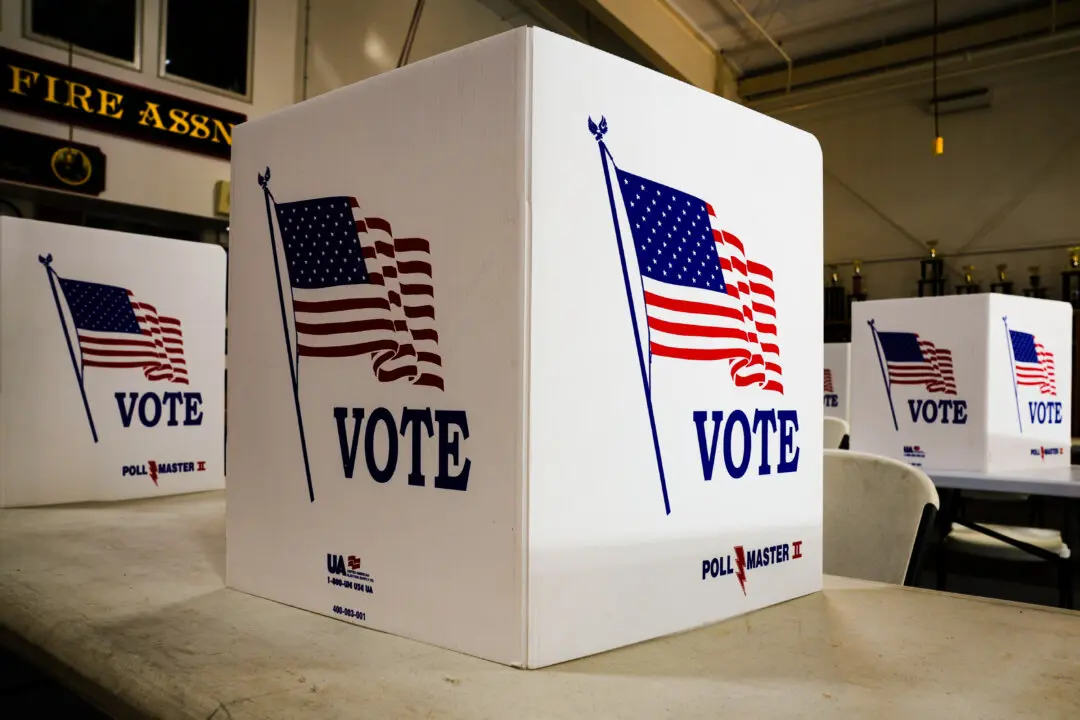WASHINGTON—Senate Minority Leader Chuck Schumer (D-N.Y.) on April 16 announced that he would seek to block nominations made by President Donald Trump for two top federal prosecutor roles in New York City.
In each of the 94 federal judicial districts across the country, a U.S. attorney is the chief federal law enforcement officer.





